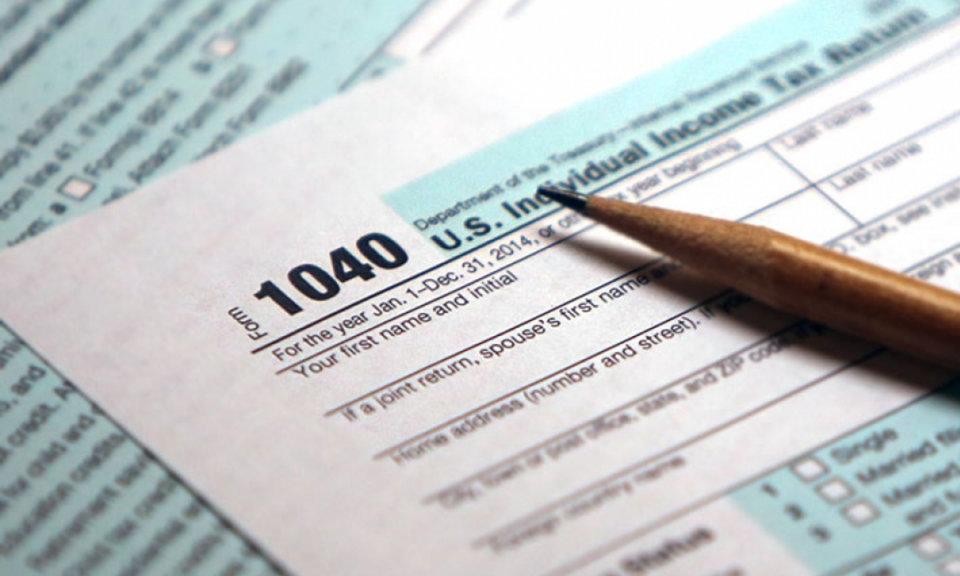For most assessment experts, leading due diligence is natural, a programmed reflex similar to relaxing. At the point when a capacity turns into this program, a few specialists might be calmed into a daily practice of “actually taking a look at the containers” and depending on data and information gathered from taxpayers in the past to plan current year tax forms. Here is an example of tax preparation due diligence each taxpayer should know.
What is due diligence?
Essentially, the IRS necessitates that a duty preparer who readies a return for a customer that asserts any of these credits or head-of-family status completely meeting and questioning the taxpayer and gathering documentation to show that the taxpayer is equipped for the assessment advantage. The duty preparer should save documentation and records for somewhere around three years.
If the preparer discovers that taxpayer data gathered has all the earmarks of being deficient or mistaken, it may not help a case for credit or HOH documenting status. The preparer should cautiously archive questions asked and reactions.
Due diligence key points:
- Due diligence, with regards to tax form arrangement, is the constancy of care that a sensible preparer would use under similar conditions. It is a goal standard.
- Under the general due diligence principles set out in the guidelines, the preparer can on most events depend sincerely and without checking on data given by the customer or outsiders and contained in recently recorded returns.
- The code and guidelines accommodate upgraded due diligence prerequisites for claims for the procured annual tax reduction. Preparers are needed to practice due diligence in deciding if a customer has met the prerequisites for revealing unfamiliar bank and other monetary records.
- For a large number, the due diligence prerequisites might appear to be inordinate and meddling. Be that as it may, until the standards and guidelines are changed, professionals are being held to these prerequisites.
Conversation and examples for a taxpayer
There might be as numerous ways of planning assessment forms as there are expense form preparers. There is no generally acknowledged norm concerning the means that preparers should take while setting up a return.
- At the point when the return is finished and prepared for accommodation to the IRS, the preparer signs a revelation under punishments of prevarication that the return is — to awesome of the information and conviction — valid, right, and complete.
- The preparer puts together that affirmation with respect to all data concerning which the individual in question has any information.
- At the point when issues emerge regarding the readiness of a return, the issue regularly comes down to whether the preparer practiced due determination while setting it up.
- When a preparer is found to have neglected to practice due diligence, potential results incorporate a disappointed customer, punishments declared against the customer and the preparer, another expert authorizes.
- For example, those identified with the preparer’s licenses and activities for harms sought after by the customer or, more precisely more often than not, the previous customer.
An essential statute of the preparer guidelines has to do with the idea of dependence by the preparer. The preparer isn’t needed to review, look at, or survey books and records, business tasks, archives, or other proof to autonomously check data given by the taxpayer. Notwithstanding, the preparer may not disregard the ramifications of data outfitted by the taxpayer.

